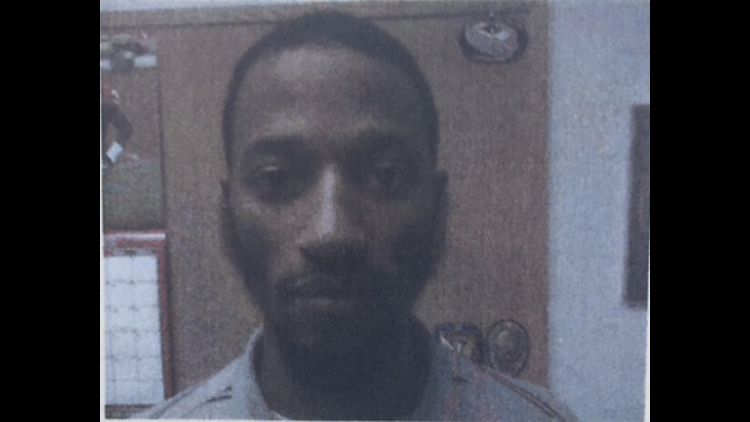The president of a Phoenix mosque says he was "shocked" to learn a former member had planned a violent attack on an event designed to provoke Muslims, but believes the FBI helped radicalize him.
Usama Shami, president of the Islamic Community Center of Phoenix described Elton Simpson as "very quiet, very nice with a very good attitude and a smile on his face."
"It was a shock to know he was involved in this act," he said.
Simpson, who was 30, and a second gunman were killed by police Sunday night when they opened fire outside an event near Dallas displaying cartoons of the Prophet Mohammad.
Federal law enforcement authorities have confirmed to 12 News that the second gunman was Nadir Soofi, who was Simpson's roommate. Shami said Soofi had also visited the mosque, but he hadn't been seen for a few years after opening a pizza restaurant.
Simpson was convicted in 2011 of lying to the FBI after the agency had paid an informant to infiltrate the Phoenix mosque in 2006. The FBI believed Simpson had planned to join terror groups in Somalia; a federal judge said the FBI failed to make that case.
Shami said he knew the informant was at the mosque.
"When he came he was acting suspicious," Shami said of the informant. "We knew that he was not somebody that's a a regular member, somebody that's a convert."
Shami said he hadn't seen Simpson since 2011. But the mosque president said the FBI played a role in radicalizing Simpson, who also used the first name "Ibrahim."
"When an informant comes, the informant starts to promote certain violent actions," Shami said. "I think that's what happened in his case. This informant was trying to radicalize him."
"I know they want to find a bad apple," Shami said of the FBI. "Maybe sometimes they create a bad apple."



